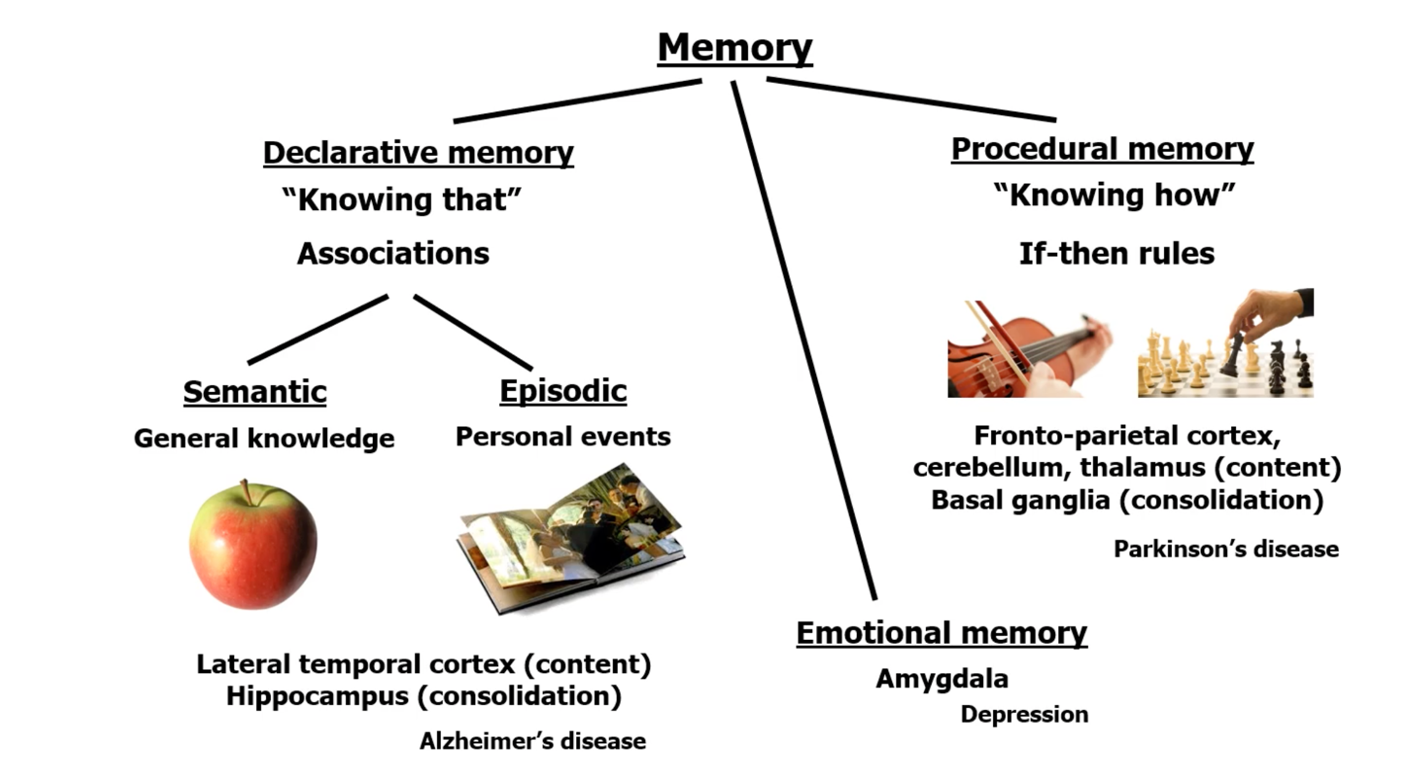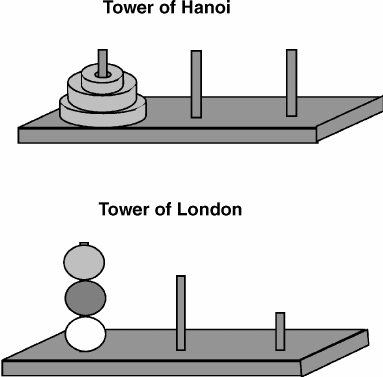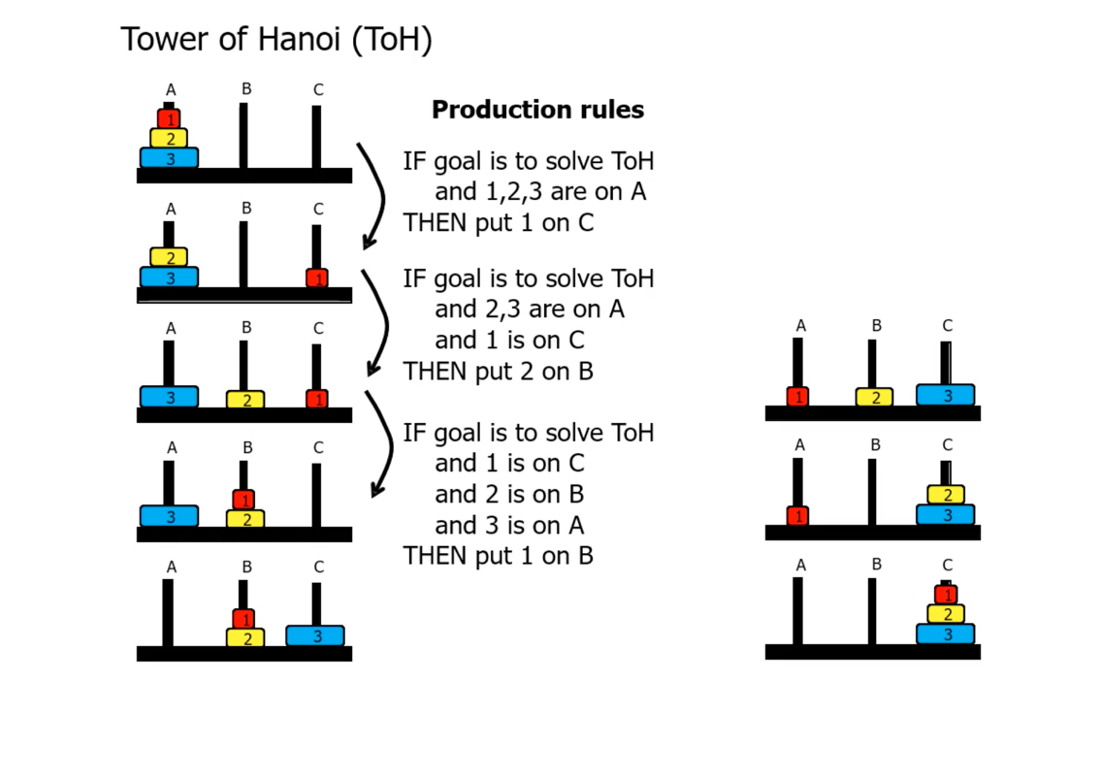Theoretical psychology week 2
5.0(1)
5.0(1)
Card Sorting
1/25
Earn XP
Study Analytics
Name | Mastery | Learn | Test | Matching | Spaced |
|---|
No study sessions yet.
26 Terms
1
New cards
birth year of psychology
1879
2
New cards
Wundt
* argued that apperception is missing in Wernicke’s language model
* reflexive actions: proceed directly from perception (input module) to action (output module)
* apperceptive actions: step between perception and action involving the central system
→ active and non-associative mechanism
* A-Task: turn fast, reflexive reactions into long, perceptive reactions by asking participants to pay attention to the stimulus in the task
* apperceptive function: the relating function, which is involved when we recognize the identity between a stimulus and the remembered image of it
* reflexive actions: proceed directly from perception (input module) to action (output module)
* apperceptive actions: step between perception and action involving the central system
→ active and non-associative mechanism
* A-Task: turn fast, reflexive reactions into long, perceptive reactions by asking participants to pay attention to the stimulus in the task
* apperceptive function: the relating function, which is involved when we recognize the identity between a stimulus and the remembered image of it
3
New cards
Wundt’s scientific psychology
* experimental scientific approaches: based on introspection and the measurement of reaction time; fits for mental processes of perception and action
* non-experimental scientific approaches: using comparative research and logical analyses; fits best for higher mental processes (language, thought)
* non-experimental scientific approaches: using comparative research and logical analyses; fits best for higher mental processes (language, thought)
4
New cards
Ebbinghaus’ forgetting curve
* rate of forgetting decreases with time
* was his own and only participant: learned a list of nonsense syllables until he could repeat it perfectly, then relearned the list later
→ recorded the time needed for the initial learning and relearning and determined the percentage saving, e.g., initially took 15 min, relearning 19 min later, took 6 min (15 - 6 = 9/15 = 60%)
→ finding: most forgetting occurs in the first few hours after learning and then levels off
* was his own and only participant: learned a list of nonsense syllables until he could repeat it perfectly, then relearned the list later
→ recorded the time needed for the initial learning and relearning and determined the percentage saving, e.g., initially took 15 min, relearning 19 min later, took 6 min (15 - 6 = 9/15 = 60%)
→ finding: most forgetting occurs in the first few hours after learning and then levels off
5
New cards
Georg Müller
* retroactive interference: new learning interferes with old learning
→ experiment with interference vs. control condition: subjects’ recall of nonsense syllables was worse in the interference condition than in the control condition
→ Explanation: learning (list A) requires consolidation in memory and learning of a new list hampers this consolidation process -> explains shape of the forgetting curve: if memories consolidate over time, they become more resistant to forgetting with time, so the rate of forgetting decreases over time
→ experiment with interference vs. control condition: subjects’ recall of nonsense syllables was worse in the interference condition than in the control condition
→ Explanation: learning (list A) requires consolidation in memory and learning of a new list hampers this consolidation process -> explains shape of the forgetting curve: if memories consolidate over time, they become more resistant to forgetting with time, so the rate of forgetting decreases over time
6
New cards
Hippocampus
* responsible for consolidation (formation of new memories)
7
New cards
multiple memory systems

8
New cards
Külpe
* interested in the question how associative processes can be directed, e.g., not retrieving the strongest association when we see an object, but a less strong one, such as fruit (category) instead of apple (object)
9
New cards
Watt’s research on how association is controlled
* asked participants to name categories/parts of the object
* mental set (“Einstellung”): includes appropriate responses to a task based on the instruction; e.g., name a category → “fruit”
* imageless thought: mental images were no always present
* against classic association theory: subjects produce the association that is most appropriate to the instruction instead of that is the strongest; not all mental contents are made up of perceptual/motor images
* mental set (“Einstellung”): includes appropriate responses to a task based on the instruction; e.g., name a category → “fruit”
* imageless thought: mental images were no always present
* against classic association theory: subjects produce the association that is most appropriate to the instruction instead of that is the strongest; not all mental contents are made up of perceptual/motor images
10
New cards
Dondersian subtraction
* determine the location of mental processing stages in the brain
→ localisation of the articulation of words (Broca’s area) = PET image when words are read silently - PET image when participants passively look at a fixation cross
→ localisation of areas for concepts and for the control of the direction of association (e.g., produce the association that is appropriate to the instruction) = PET image when expressing a use for the object (e.g., “eat for apple”) - PET image for reading words aloud
→ localisation of the articulation of words (Broca’s area) = PET image when words are read silently - PET image when participants passively look at a fixation cross
→ localisation of areas for concepts and for the control of the direction of association (e.g., produce the association that is appropriate to the instruction) = PET image when expressing a use for the object (e.g., “eat for apple”) - PET image for reading words aloud
11
New cards
anterior cingulate cortex
controls the direction of the association
12
New cards
lateral temporal cortex
contains areas for concepts
13
New cards
Müller - associative theory of goal directed association
The stimulus word apple will activate the directly associated response “apple” but also the indirectly associated responses “fruit”, “skin”, “eat”, and so forth; “fruit” was already activated by the instructions (“name the category”) and therefore it receives double activation and will be produced as response
14
New cards
Otto selz - symbolic/procedural theory of goal directed association
* disagreed with Müller
* declarative memory contains symbolic associative information representing the relation between nodes by labelling the links, e.g., “IS-A” link between APPLE and FRUIT and “HAS-A” between APPLE and SKIN
* goal directed retrieval is achieved by procedural knowledge consisting of IF-THEN rules; IF specifies the task goal (e.g., name the category) and tests for the presence of the appropriate symbolic label in declarative memory (e.g., IS-A label for the task “name the category”)
→ Rule: IF the task is to name the category AND x IS-A y is in declarative memory THEN select the word y
* declarative memory contains symbolic associative information representing the relation between nodes by labelling the links, e.g., “IS-A” link between APPLE and FRUIT and “HAS-A” between APPLE and SKIN
* goal directed retrieval is achieved by procedural knowledge consisting of IF-THEN rules; IF specifies the task goal (e.g., name the category) and tests for the presence of the appropriate symbolic label in declarative memory (e.g., IS-A label for the task “name the category”)
→ Rule: IF the task is to name the category AND x IS-A y is in declarative memory THEN select the word y
15
New cards
William James
* father of American psychology
* stream of consciousness: consciousness is an unstable flow, which is directed by habits and selective attention (executive control)
* stream of consciousness: consciousness is an unstable flow, which is directed by habits and selective attention (executive control)
16
New cards
The deathbed experiment
* James’ and Myer’s ultimate test on spiritualism
* whoever was to die first should immediately send a message to the other
→ Myers died first and the notebook of James was left empty
* whoever was to die first should immediately send a message to the other
→ Myers died first and the notebook of James was left empty
17
New cards
Mary (Whiton) Calkins - episodic memory test
* subjects learned multiple paired associates (e.g., blue-4, red-7, etc.) and then were shown the prompts one at a time (e.g., blue) and had to produce the corresponding response (i.e., “four”)
18
New cards
The data-driven approach of G. Stanley Hall
* “Child study movement”
→ not successful, probably because it entailed data collection without a guiding theory
* inspired interest in studying children
→ not successful, probably because it entailed data collection without a guiding theory
* inspired interest in studying children
19
New cards
Michael Posner
* theory of development of attention in the first six years of a child’s life
* attention consists of three abilities:
1) Alerting: ability to reach a maintained alertness over an extended period of time
2) Orienting: ability to move the focus of perceptual processing from one spatial location to another, either covertly (without eye movements) or overtly (with eye movements)
3) executive control: ability of goal-directed processing and responding, especially in the face of distraction; concerns control of cognition AND emotion
* attention consists of three abilities:
1) Alerting: ability to reach a maintained alertness over an extended period of time
2) Orienting: ability to move the focus of perceptual processing from one spatial location to another, either covertly (without eye movements) or overtly (with eye movements)
3) executive control: ability of goal-directed processing and responding, especially in the face of distraction; concerns control of cognition AND emotion
20
New cards
Structuralism - Titchener
* understand the structural content of the mind
* analyse consciousness into elementary images by using introspection
* four volumes: 2 for qualitative experiments using introspection, 2 for quantitative experiments using reaction time measures and psychophysical methods
* analyse consciousness into elementary images by using introspection
* four volumes: 2 for qualitative experiments using introspection, 2 for quantitative experiments using reaction time measures and psychophysical methods
21
New cards
Functionalism - James R. Angell
* emphasis on mental operations, not images
* psychophysical psychology: understand the relation between mental functions and the brain
* psychophysical psychology: understand the relation between mental functions and the brain
22
New cards
the book of “experimental psychology”/ “The columbian bible” - Woodworth
* defended the existence of mental set and imageless thought (Watt)
* popularised the terms “independent” and “dependent” variables
* popularised the terms “independent” and “dependent” variables
23
New cards
Resisting distraction in thought
* Donders: distraction during the appearance of a stimulus prolongs the process
* Tower of Hanoi requires executive control to resists temptations and avoid easy moves in favour of less obvious moves
→ research: let participants think aloud while trying to solve the puzzle
* Tower of London tests planning ability and executive control in clinic patients
→ assess at what level of difficulty patients fail
* Tower of Hanoi requires executive control to resists temptations and avoid easy moves in favour of less obvious moves
→ research: let participants think aloud while trying to solve the puzzle
* Tower of London tests planning ability and executive control in clinic patients
→ assess at what level of difficulty patients fail

24
New cards
If-then rules control thought
* Selz: goal-directed processing emerges from procedural condition-action rules

25
New cards
Stroop’s hit experiment
* inspired by Cattell: reading goes faster than naming colors
* Stroop color and word test: makes use of three cards, with 100 stimuli each
→ Card 1: contains color words printed in black ink (neutral)
→ Card 2: contains rectangles in different colors (neutral)
→ Card 3: contains color words printed in incongruent colors (incongruent)
* results: overall naming colours takes longer than reading words and time in both cases time increases in the incongruent task
* Stroop color and word test: makes use of three cards, with 100 stimuli each
→ Card 1: contains color words printed in black ink (neutral)
→ Card 2: contains rectangles in different colors (neutral)
→ Card 3: contains color words printed in incongruent colors (incongruent)
* results: overall naming colours takes longer than reading words and time in both cases time increases in the incongruent task
26
New cards
neural basis of stroop test: influences on blood supply to the brain
* anterior cingulate cortex more active (more blood flow to this area) in incongruent trials than in congruent trials (executive control area)
→ dorsal part controls cognition (e.g., red in incongruent green vs. congruent red ink)
→ ventral part controls emotions (e.g., “murder” in red vs. “house” in red)
→ dorsal part controls cognition (e.g., red in incongruent green vs. congruent red ink)
→ ventral part controls emotions (e.g., “murder” in red vs. “house” in red)